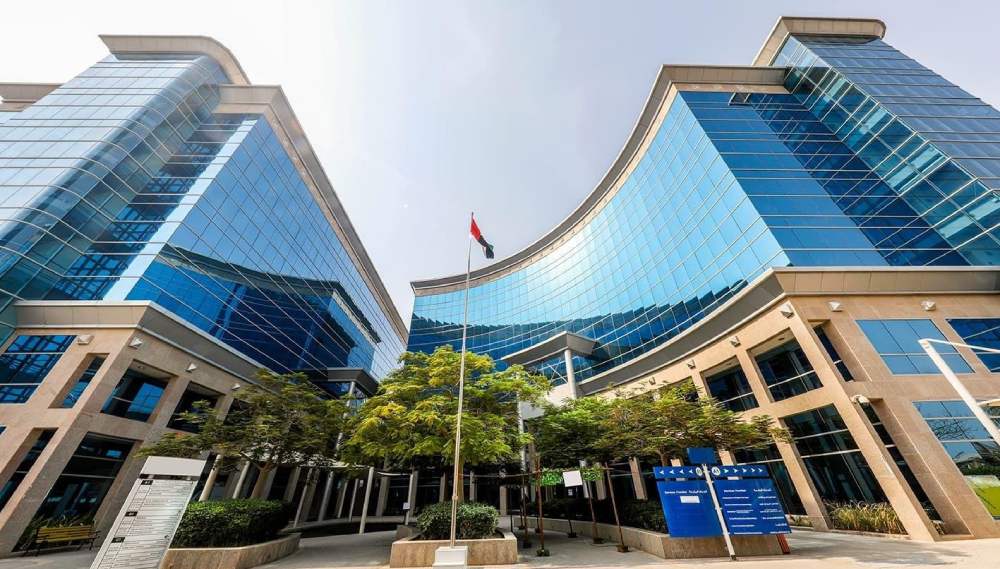We are the Best Consulting web site as part of the annual WebAward Competition!
We are the Best Consulting web site as part of the annual WebAward Competition!

Dubai, one of the seven emirates that constitute the United Arab Emirates (UAE), has emerged as a global business hub attracting investors from around the world. One of the key factors contributing to Dubai’s attractiveness is its free zones, which offer foreign investors various advantages such as 100% ownership, tax exemptions, and streamlined business setup procedures. However, Freezone company formation in Dubai zone entails adherence to specific legal requirements and regulations.
Here is the legal framework governing Freezone company formation in Dubai, highlighting the essential steps and compliance obligations.
Freezone company formation in Dubai operate under their own regulatory authorities, distinct from the mainland UAE. Each free zone has its own set of rules and regulations governing company formation and operation. However, there are common legal requirements that apply across most free zones in Dubai.
The first step in Freezone company formation in Dubai is selecting the appropriate free zone based on the nature of business, target market, and specific requirements. Dubai boasts a diverse range of free zones catering to various industries such as technology, media, healthcare, logistics, and finance. Examples include Dubai Multi Commodities Centre (DMCC), Dubai Internet City (DIC), Dubai Healthcare City (DHCC), and Jebel Ali Free Zone (JAFZA).
Determining the legal structure of the company is crucial as it influences ownership, liability, and governance. Freezone company formation in Dubai typically allow the formation of different legal entities, including Free Zone Company (FZCO), Free Zone Establishment (FZE), Branch of a Foreign Company, and Representative Office. The choice depends on factors such as the number of shareholders, liability protection, and degree of control.

Before proceeding with the Freezone company registration process, it is necessary to reserve a trade name with the chosen free zone authority. The proposed name should comply with the guidelines set by the relevant authority, avoiding any resemblance to existing trademarks or entities. Once approved, the trade name reservation is typically valid for a specified period, during which the company registration must be completed.
The next step involves preparing and submitting the required documentation to the free zone authority with Company formation Services in Dubai. While specific document requirements may vary depending on the chosen free zone and legal structure, common documents include:
a. Completed application form
b. Passport copies of shareholders and directors
c. Business plan outlining the company’s activities and objectives
d. Memorandum and Articles of Association (MOA & AOA)
e. Lease agreement for office space within the free zone (virtual office options may be available)
Dubai freezone business formation typically impose minimum capital requirements for company formation, which vary based on the chosen legal structure and business activities. However, many free zones offer flexibility in terms of capitalization, allowing investors to capitalize the company with a nominal amount initially and increase capital as needed.
Upon submission of required documentation and fulfillment of capital requirements, the free zone authority evaluates the application and grants the necessary licenses and approvals for company formation. These licenses may include:
a. Trade License:
Authorizes the company to conduct specific business activities within the free zone.
b. Activity-Specific Licenses:
Some industries may require additional permits or licenses from relevant regulatory authorities.
c. Visa and Labor Approvals:
Depending on the legal structure and planned operations, visas for shareholders, directors, and employees may be required. The free zone authority facilitates the visa issuance process and provides assistance with labor approvals.
Once the Dubai Freezone company formation is done, it is essential to comply with ongoing legal and regulatory obligations imposed by the free zone authority and relevant government entities. These obligations may include:

a. Annual Renewals:
Companies are typically required to renew their licenses and lease agreements annually, ensuring continued compliance with regulatory requirements.
b. Financial Reporting:
Free zone companies must maintain proper accounting records and submit annual financial statements to the free zone authority.
c. Visa Renewals:
Visa renewals for shareholders, directors, and employees must be processed in a timely manner to ensure legal residency status.
d. Compliance with Laws:
Free zone companies must adhere to UAE laws and regulations governing employment, taxation, intellectual property, and other relevant areas.
You can Also check about: Pros and Cons of Company formation in Dubai Free Zone
Establishing a company in a Dubai free zone with SA Consultants offers numerous benefits for investors seeking to expand their business presence in the region. However, navigating the legal requirements and procedures can be complex, requiring careful planning and adherence to regulatory obligations. By understanding the legal framework governing Freezone company formation in Dubai and seeking expert guidance, investors can successfully establish and operate their businesses while leveraging the advantages offered by Dubai’s dynamic business environment.
